2016 by the Board of Trustees of the University of Illinois
All rights reserved
Manufactured in the United States of America
1 2 3 4 5 C P 5 4 3 2 1

This book is printed on acid-free paper.
Library of Congress Cataloging-in-Publication Data
Names: Rider, Toby C.
Title: Cold war games : propaganda, the Olympics, and U.S. foreign policy / Toby C. Rider.
Description: Urbana : University of Illinois Press, 2016. | Series: Sport and society | Includes bibliographical references and index.
Identifiers: LCCN 2015037811 | ISBN 9780252040238 (hardback) | ISBN 9780252081699 (paperback) | ISBN 9780252098451 (e-book)
Subjects: LCSH: OlympicsPolitical aspectsUnited StatesHistory20th century. | SportsPolitical aspectsUnited StatesHistory20th century. | Sports and stateUnited StatesHistory20th century. | SportsSocial aspectsUnited StatesHistory20th century. | Cold WarSocial aspectsUnited States. | Propaganda, Anti-communistUnited StatesHistory20th century. | National characteristics, AmericanHistory20th century. | United StatesForeign relationsSoviet Union. | Soviet UnionForeign relationsUnited States. | United StatesPolitics and government19451989. | United StatesSocial conditions1945- | BISAC: HISTORY / United States / 20th Century. | SPORTS & RECREATION / Olympics.
Classification: LCC GV721.5 .R54 2016 | DDC 796.48dc23 LC record available at http://lccn.loc.gov/2015037811
Acknowledgments
In the years that were consumed with the writing of this book, I have benefited from the assistance of many people and institutions. Like other historians, I have leant heavily upon the expertise of numerous patient and congenial archivists. My sincere thanks go out to Jim Leyerzapf, Chalsea Millner, Catherine Cain, and Valoise Armstrong at the Dwight D. Eisenhower Library in Abilene; to Randy Sowell at the Harry S. Truman Library in Independence; to Sheila Conway and Deborah Whiteman at the Department of Archives and Special Collections at Santa Clara University; to Pam Marshall at the Amateur Athletic Union of the United States archives in Lake Buena Vista; to Vera Ekechukwu and Geoffrey Stark at the University of Arkansas Libraries Special Collections; to Wayne Wilson at the LA84 Foundation in Los Angeles; to Regula Cardinaux and Nuria Puig at the International Olympic Committee Archives in Lausanne, Switzerland; and to all the excellent and diligent staff at the National Archives in College Park, Maryland, the Hoover Institution at Stanford University, the Baseball Hall of Fame Archives in Cooperstown, the Brotherton Library at the University of Leeds, the Seeley G. Mudd Manuscript Library at Princeton University, the Bentley Historical Library at the University of Michigan, and the International Centre for Olympic Studies at Western University. Finally, it would never have been possible to visit these archives if not for the research grants I was awarded by the International Olympic Committee, the International Society of Olympic Historians, and Penn State Berks.
I owe a debt of gratitude to many others. Willis Regier, Danny Nasset, Tad Ringo, Geof Garvey, and all the staff at the University of Illinois Press have been a delight to work with. Elsewhere, Walter Zimmerman offered expert counseling on sources when I first conceived of the topic. Pter Strausz generously tendered his diacritical expertise. Katalin Kdr Lynn has thoughtfully responded to my endless e-mails and has been a remarkable advocate of my work through thick and thin. Michael and Gwyn Johnson provided generous hospitality during my time in Abilene, not to mention fine company. Carl Ashley supplied accommodation and camaraderie in College Park, Lindsay Krasnoff has been a wellspring of information on research at the National Archives, and Heather Dichter has been kind enough to share not only documents but also her own extensive knowledge of state and private materials on sport and the Cold War. Furthermore, it has been to my great advantage to have sought and been given advice by Scott Lucas, Nicholas Cull, Kevin Witherspoon, Thomas Hunt, Kenneth Osgood, Hugh Wilford, Laura Belmonte, Bob Edelman, John Soares, Mark Dyreson, Peter Beck, Matthew Llewellyn, John Gleaves, Damion Thomas, Anna Mazurkiewicz, Jonathon H. L'Hommedieu, Veronika Durin-Hornyik, Kevin Wamsley, Michael Heine, Don Morrow, Donald Abelson, and many others besides. I must also give my sincere thanks to Gladys and Paul Szpry, whose father, Count Anthony Szpry, is a prominent character in this study. From the first moment that I contacted Gladys, she has been enthusiastic about my research. Indeed, both Gladys and her brother, Paul, allowed me to consult their father's personal papers and provided the kindest hospitality imaginable for a graduate student that they had never met.
The fact that the past few years have been as productive and enjoyable as they have been is due in no small measure to Bob and Ashleigh Barney. As my PhD supervisor, Bob has influenced the way I work more than any other scholar. I thank him for his guidance and friendship and the outstanding example he has set in the writing of sport and Olympic history. Bob was always available to talk and offer guidance, whether it was in the classroom, over coffee in his office, during one of Ashleigh's stellar dinner parties, or even while renovating his house and repairing his roof. To put it bluntly, I could not have asked for a better supervisor.
My family on either side of the Atlantic has been a constant source of support and, moreover, valuable distraction. I offer my hearty regards to the Riders and the Kichaks. A special mention must also go to Bob, Bonnie, and Melissa Kichak, who provided the most tremendous lodging and company (and access to a bottomless beer fridge) in Livonia when I researched at the University of Michigan Library or flew out of Detroit for my many research trips. And, last, this book is dedicated to my wife, Shannon Rider. Some say that the writing of history is a solitary occupation. She ensured that it was not the case for me. Her endless support and encouragement is the reason that I managed to complete this work at all. This book is for her, and our three children, Gus, Milly, and Sam.


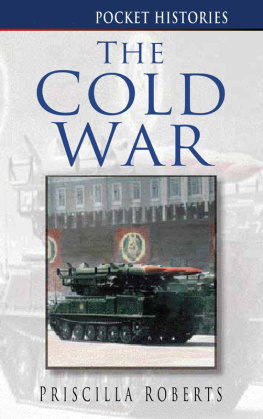
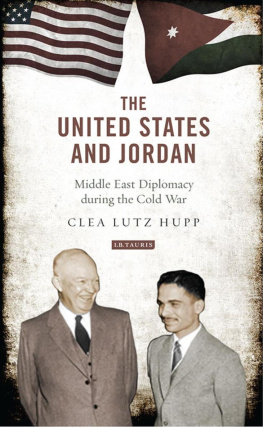
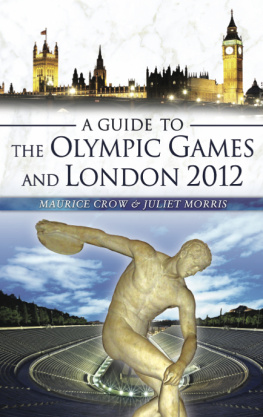
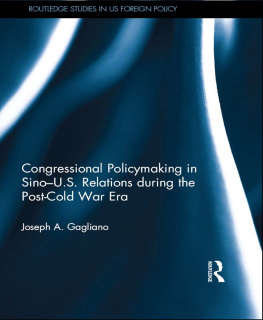
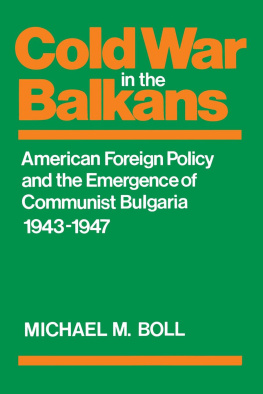
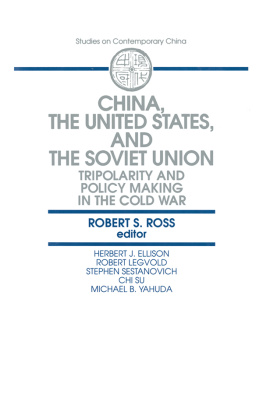
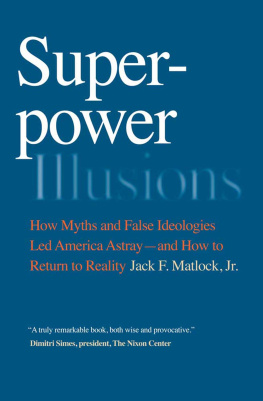
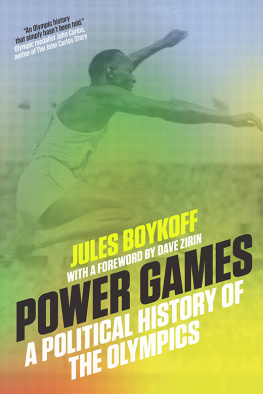
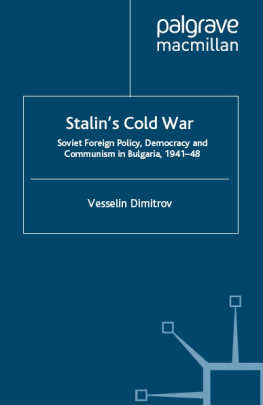

 This book is printed on acid-free paper.
This book is printed on acid-free paper.